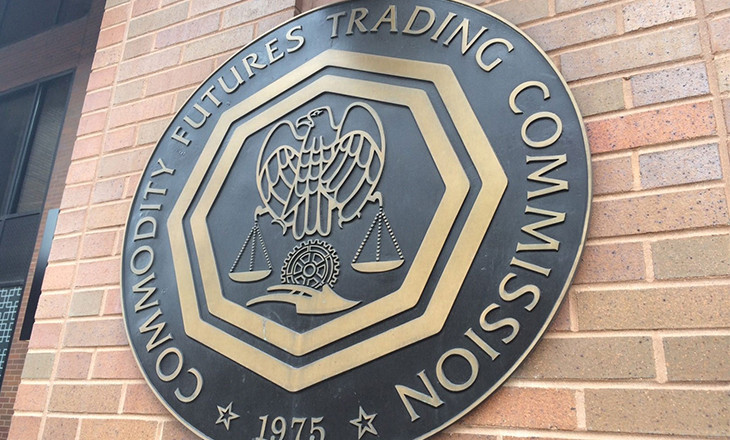The U.S. Commodity Futures Trading Commission’s (CFTC) Division of Enforcement issued two new Enforcement Advisories outlining the factors the Enforcement Division will consider in evaluating cooperation by individuals and companies in the agency’s investigations and enforcement actions.
The CFTC has long given credit for cooperation in determining whether enforcement action is warranted, the nature of charges that should be brought, and the appropriate level of sanctions to impose or seek. With the issuance of today’s Advisories, the Enforcement Division builds on that foundation to further incentivize individuals and companies to cooperate fully and truthfully in CFTC investigations and enforcement actions, including by providing high-quality cooperation, self-reporting to the Enforcement Division, and providing early and material assistance to the Division.

Aitan Goelman, the CFTC’s Director of Enforcement
Aitan Goelman, Director of the Division of Enforcement, commented:
The Enforcement Division places a high value on cooperation provided by both companies and individuals. By making the benefits of cooperation with the CFTC more transparent, we will further incentivize insiders to provide us with first-hand evidence and strengthen our ability to efficiently investigate potential misconduct and fulfill our mission of combating fraud and ensuring the integrity of our markets. As the Advisories make clear, credit will be given where the cooperation is foremost sincere, robust, and indicative of willingness to accept responsibility for misconduct, where appropriate.
To improve the quality and effectiveness of the cooperation it receives, the CFTC’s Division of Enforcement is
- issuing a new Enforcement Advisory outlining the cooperation factors it will evaluate for individuals who want to receive the benefits of cooperation and
- updating the existing Enforcement Advisory for cooperation by companies.
As set forth in the Advisories, the Division may in its discretion consider the following several factors in assessing whether a company’s or individual’s cooperation warrants credit:
- the value of the cooperation to the Division’s investigation(s) and enforcement action(s);
- the value of the cooperation to the Commission’s broader law enforcement interests;
- the culpability of the company or individual and other relevant factors; and
- uncooperative conduct that offsets or limits credit that the company or individual would otherwise receive.
The Advisories emphasize that the Division looks for more than ordinary cooperation or mere compliance with the requirements of law. The potential rewards for cooperation can range from the Division recommending no enforcement action to recommending reduced charges or sanctions in connection with enforcement actions.
The Division’s assessment of cooperation in any matter is a discretionary function of the Division’s Director and staff and requires a case-by-case analysis of the specific facts and circumstances of each matter.
